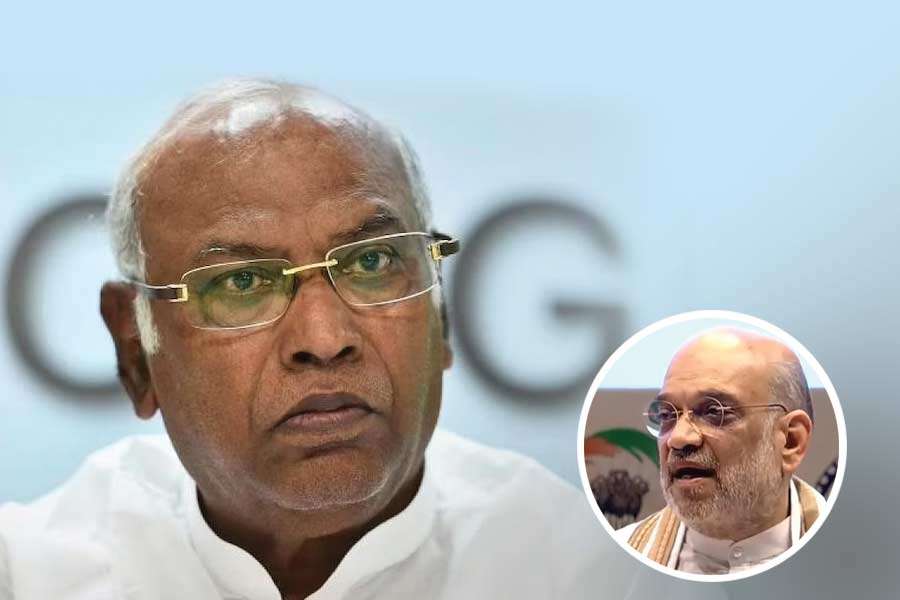Indian National Congress President Mallikarjun Kharge’s recent jibe questioning whether holy dips in the Ganges could eradicate poverty—directed at Union Home Minister Amit Shah’s participation in the ritual—has not resonated well with the majority of Hindus. This criticism veers from constructive debate into ridicule, revealing more about Kharge’s political contradictions than any genuine concern for the poor. What Kharge seems to overlook is the significance of this year’s Kumbh Mela, which occurs after 144 years and holds profound religious importance for the Hindu majority. Kharge’s remarks reflect a recurring pattern among certain opposition leaders. Samajwadi Party’s Akhilesh Yadav, for instance, mocked Uttar Pradesh Chief Minister Yogi Adityanath and his cabinet for participating in the Maha Kumbh Mela’s holy dips. Ironically, hours later, Yadav himself was seen taking the same holy dip—a moment widely circulated on social media. This hypocrisy highlights the selective outrage that undermines the credibility of leaders like Kharge. The Congress President, known for his sharp-tongued criticism of Prime Minister Narendra Modi, often forgets his own party’s chequered history. For Kharge to mock rituals and cultural practices while overlooking Congress’s own photo-ops at temples and dargahs reeks of double standards. Were those religious visits by Congress leaders; part of poverty-eradication schemes, or were they mere political theatre? The Congress, under Kharge’s leadership, seems more invested in deriding others than addressing its own glaring inconsistencies.

Kharge’s selective memory is especially glaring when he derides Modi’s symbolic gestures, like saluting the Constitution. It is the Congress, after all, that bears the stain of undermining constitutional norms during the Emergency. For a party that jailed dissenters and curtailed freedoms, criticizing Modi’s reverence for democratic institutions is rich, to say the least. The Congress has yet to reconcile with its past, and Kharge’s flippant remarks do little to inspire confidence in its future. What Kharge and his allies fail to recognize is the importance of rituals like the Ganga dip in India’s cultural and spiritual fabric. These acts, far from being mere photo opportunities, hold deep meaning for millions of Indians. Mocking them alienates ordinary citizens and exposes a disconnect with the cultural ethos of the nation. Leaders who ridicule such practices risk being seen as dismissive of the beliefs that bind India’s diverse society. Moreover, Kharge’s attacks on Modi often devolve into petty name-calling, reflecting poorly on his stature as a senior politician. The Congress’s dynastic scion Rahul Gandhi—known for his juvenile rhetoric even at 56—might indulge in such behaviour, but a seasoned leader like Kharge should know better. Instead of resorting to frivolous jibes, he ought to focus on articulating a vision for the nation. By engaging in puerile criticism, Kharge only erodes the Congress’s credibility further. As the leader of a party with a storied legacy, Kharge has a responsibility to elevate political discourse. India deserves a robust opposition that critiques constructively, not one that trades in mockery and contradictions. Kharge’s repeated lapses in judgment only deepen the Congress’s crisis of relevance. The Congress must introspect: will it continue to wallow in negativity and hypocrisy, or will it rise to the occasion as a credible alternative? If Kharge and his colleagues truly wish to challenge Modi’s leadership, they must first demonstrate the maturity and integrity their positions demand. Anything less is unbecoming of a leader—and certainly unbecoming of a Hindu.






